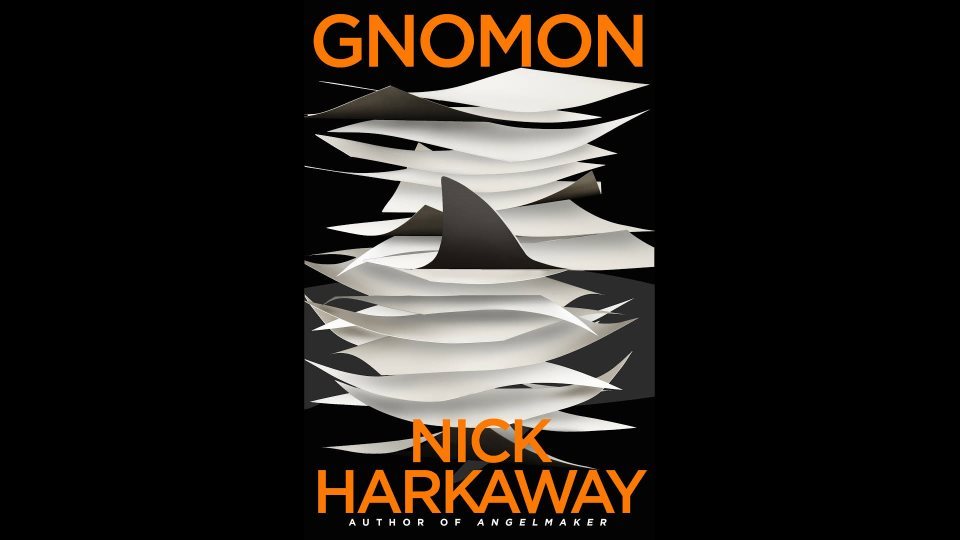

It would appear that though "fake news" might be the death of demoncracy, it does lead to the production of some good sci-fi. Remember America City, which heavily featured the changing of public opinion through the use of AI? Well this book goes further, imagining a system of government in which all major decisions are taken by "the wisdom of crowds", with everyone voting through a vast interconnected system, called The Witness.
The Witness, perhaps as might be expected, is always watching. Through CCTV, through the glasses-mounted lenses everyone always uses, and through the eyes of Inspectors, the physical arm of the digital government. One of whom is Mielikki Neith. She is the closest to police the brave new world has, acting where the system can't.
She is called in to investigate the death during interrogation of Diana Hunter, someone who has retreated from the system over the years, shedding layers of observation and interaction, living in a Faraday cage. She has dared to travel too far from the mainstream, and the Witness, also looking out for the mental health of its citizens, not just their physical safety, has judged her at risk. In order to save her, it has brought her in to have her mental pathways examined and "corrected", something a little bit similar to brain surgery, though all for her own good, and she has unfortunately died on the slab.
Now, Neith must re-live her interrogation, dreaming the memories of her brain scan and discovering why she died. This is not a simple process, and Neith finds herself dreaming four different lives: a financial wizard; an ancient greek alchemist; a brilliant artist and a hivemind from the far flung future.
Which gives us five different plot strems to follow. Neith's investigation in the real (future) world, is prosaic, crunching through the links between Hunter and the system that killed her, while she dreams elaborate fantasies, all built from the memories of Hunter. These memories intertwine with the investigation, containing symbols and representations of her past, making the whole book a puzzle.
It's a deep book, and it's one that I had to occasionally put aside and come back to. There is a lot going on, and it's not impossible you'll occasionally lose a thread. The ending of the book builds a confluence of plotlines in a satisfying manner, meaning you'll spend the last tenth going "oh that's why that's like that", but there is a rather tricky patch at about the half to three quarters mark.
The complexity of the plotlines can result in a certain weariness, as there are sections which feel like a slog. I suspect it's where most people will give up. Don't. The ending is worth the fight through the third quartile, though I don't think I'd have complained if the book had been a little shorter.
It's also beautifully written. The different plotlines each have a distinctive voice of their own, and flitting between them means you'll never get bored of any single one. You may find yourself with a favourite dream (I'm rather fond of the financial shark) but each part is necessary to the whole.
I'm not typically a fan of "literary" fiction (with all the inverse snobbery and short-sighted assumptions that implies about me), but this feels like an excellent blending of that into genre fiction.
It's an interesting vision of a future I can imagine being possible, but hope won't be realised.
Recommended.
Tagged: Book Science fiction Techno-thriller Novel Print